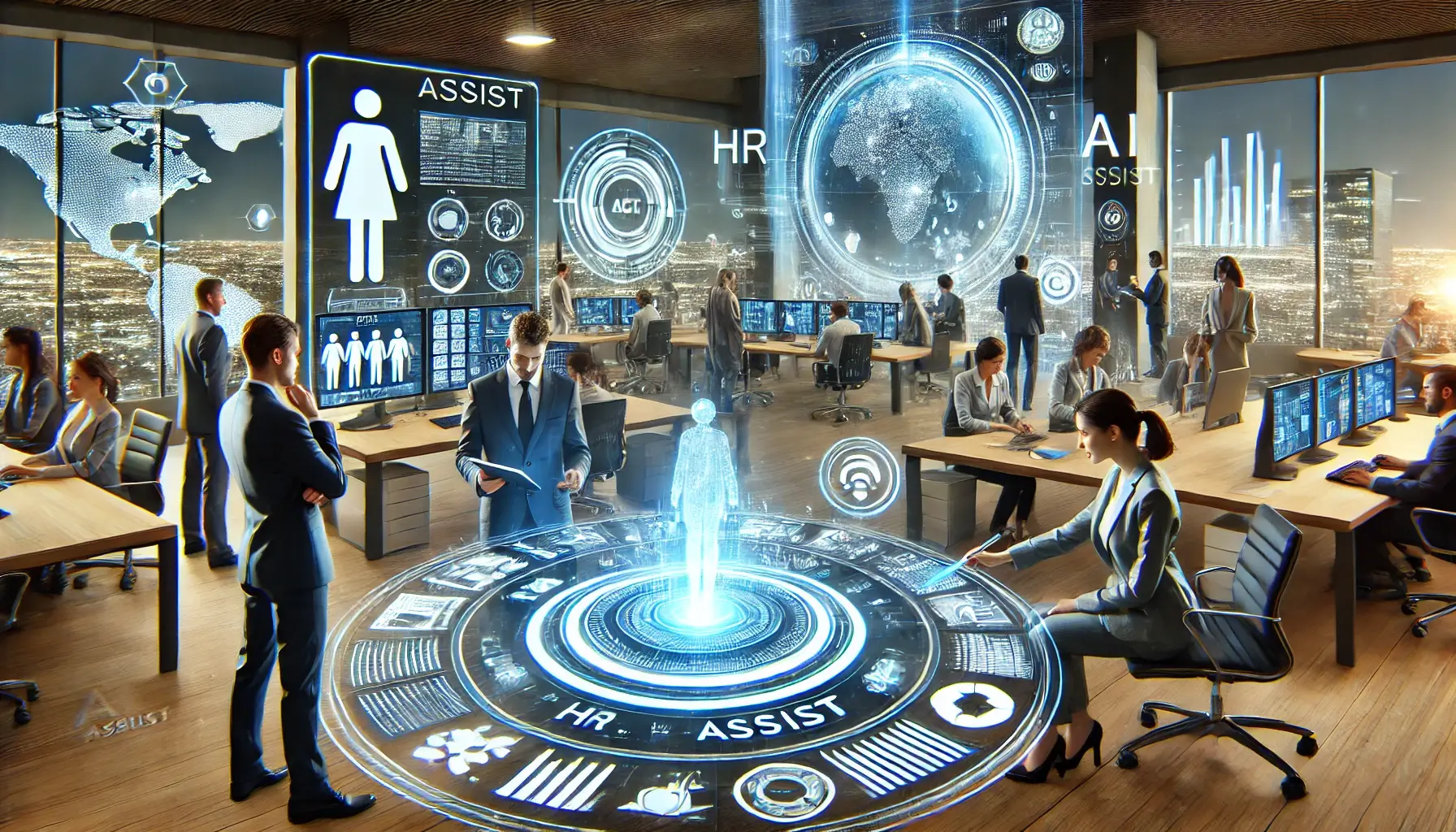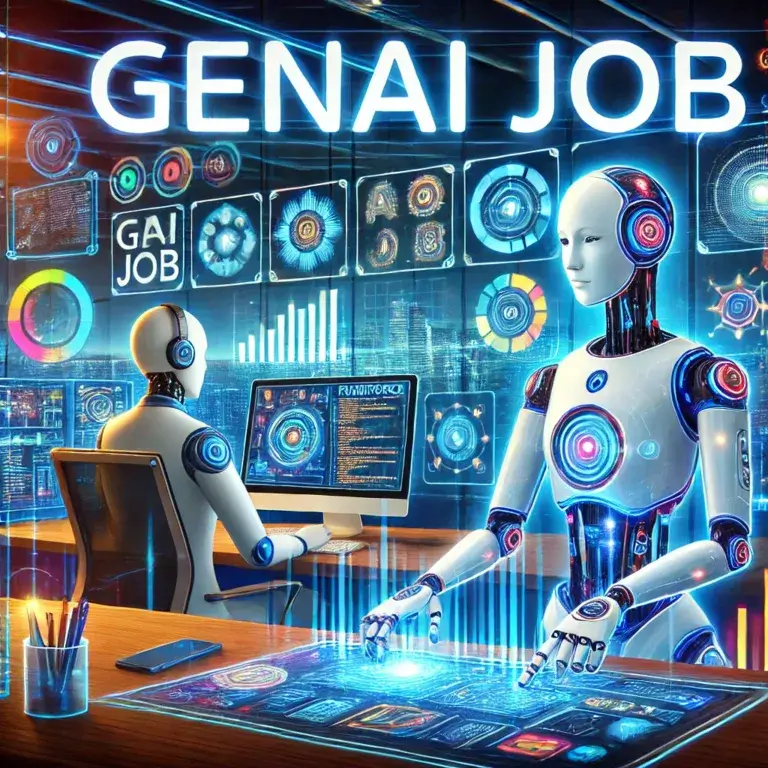Citigroup Unveils AI Tools to Enhance Productivity for Its Global Workforce
Citigroup has introduced two advanced AI tools, Citi Assist, and Citi Stylus, designed to improve efficiency and simplify workflows for its 140,000 employees across eight countries. These tools aim to reduce the time spent on repetitive tasks, allowing employees to focus on strategic work.
Citi Assist acts as a virtual assistant, helping employees navigate policies and procedures across departments such as HR and compliance. Citi Stylus, on the other hand, helps employees summarize, search, and compare documents more efficiently.
Citigroup’s move aligns with a broader industry trend as financial institutions like Morgan Stanley and tech firms like Microsoft integrate AI into workplace operations to save time and boost productivity. However, experts emphasize the importance of employee training and ethical AI use to maximize the benefits while minimizing risks.
Analysis
Citigroup’s AI deployment reflects the growing adoption of technology in streamlining corporate operations. The tools aim to free up time by automating repetitive tasks, allowing employees to focus on higher-value responsibilities.
For HR professionals, this development reinforces the necessity of preparing the workforce for AI integration. Providing employees with the right training and ensuring ethical use of these technologies are critical steps to make these tools truly effective.
What’s in It for HR Professionals?
- Streamlined Processes: With Citi Assist handling routine inquiries, HR teams can focus on strategic initiatives like employee engagement and workforce planning.
- Better Document Management: Citi Stylus enables faster analysis of compliance and HR documents, helping professionals make quicker decisions.
- Upskilling Opportunities: Rolling out AI creates an opportunity to introduce reskilling programs for employees, enhancing their adaptability to emerging technologies.
What’s in It for Employees?
- Simplified Daily Tasks: Citi Assist acts as an on-demand guide for navigating workplace policies, reducing time spent on administrative tasks.
- Enhanced Productivity: Citi Stylus saves time by automating document-related tasks, enabling employees to prioritize creative and analytical work.
- Future-Proof Skills: Exposure to AI tools prepares employees for a tech-driven future, making their skills more marketable.
Industry Context: How AI is Transforming Workplaces
- Morgan Stanley’s AI Assistant: The firm’s “Debrief” tool has been a game-changer, helping financial advisors save significant time.
- Microsoft’s Virtual Agent for HR: Microsoft reports that its HR bot has saved 160,000 hours by answering routine employee queries.
- Thomson Reuters’ AI Reskilling Efforts: The information services company has trained over 11,000 employees in AI fundamentals to ensure they feel confident using new tools.
These examples illustrate the profound impact AI is having across industries. Organizations adopting AI must take proactive measures to ensure employees are equipped with the skills and resources needed to adapt to this technological shift.
Key Takeaways for HR and Business Leaders
- Efficiency Gains: AI tools can significantly reduce the time spent on repetitive tasks, enabling teams to focus on innovation.
- Ethical AI Use: Establishing safeguards and ethical guidelines is essential to prevent algorithmic bias and maintain trust.
- Reskilling Workforce: Training programs are a must to help employees transition smoothly into AI-enabled roles.
- Employee Feedback: Collecting input from employees ensures that AI tools address real challenges and enhance workplace experiences.
🔗 Source: Citigroup’s AI Tools | Image Credit: AI-Generated







